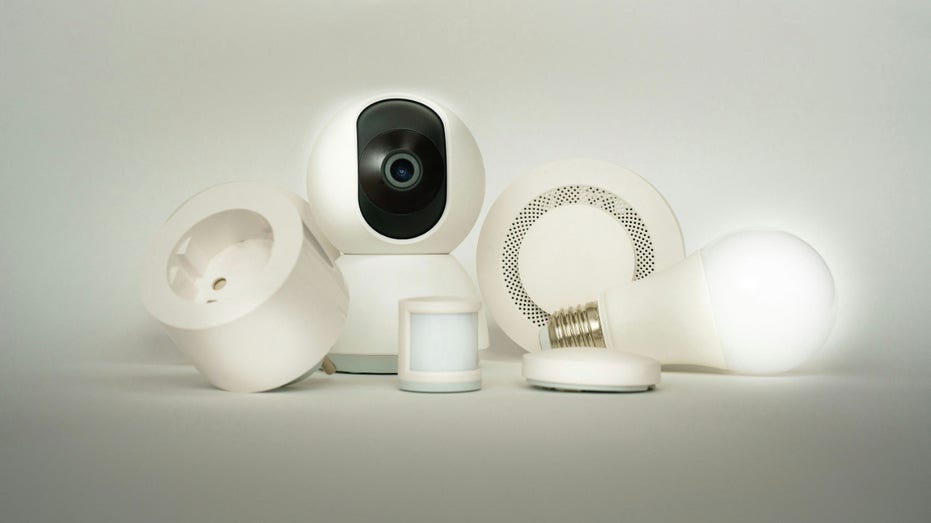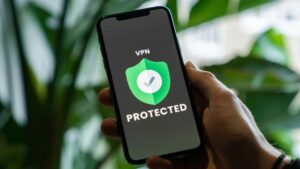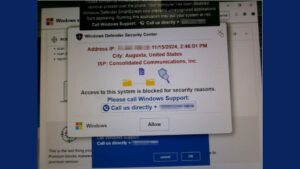
Are Your Smart Home Cameras Invading Your Privacy? Shocking Findings on Data Collection
The Rise of Smart Home Cameras
Smart home cameras have rapidly become an essential part of modern life, providing homeowners with the ability to monitor their property both indoors and outdoors from afar. The convenience and peace of mind they offer are undeniable; however, there are significant concerns regarding privacy and data security.
The Dark Side of Surveillance Cameras
A recent study conducted by Surfshark reveals a troubling reality: outdoor security camera apps are among the top culprits when it comes to collecting an alarming amount of user data. On average, these apps collect around 12 different data points, which can include sensitive information such as email addresses, phone numbers, payment details, and precise GPS locations. This level of data collection is 50% higher than that of other smart home devices.
Indoor cameras, while slightly less invasive, still raise serious privacy issues. They typically gather around nine data points, with six of them often linked directly to the user’s identity. Commonly collected data includes user IDs, device IDs, and even audio recordings. Although some of this information can enhance user experience, it simultaneously heightens the risk of privacy violations.
Understanding the Data Collection Landscape
The type of data collected by smart home camera apps is particularly concerning. Many of these applications request personal information, including your name, email, phone number, and physical address. Some brands, such as Arlo, Deep Sentinel, and D-Link, even collect data about your contacts, which can be accessed outside of the application. This data is often unnecessary for the cameras to function effectively.
Leading offenders in data collection include Deep Sentinel and Lorex for outdoor security cameras, each gathering 18 out of a possible 32 data points. For indoor security, Nest Labs tops the list by collecting 17 data points, while both Ring and Arlo gather 15 data points.
The Need for Regulation
The lack of regulations and standards governing smart home devices poses significant privacy risks. Without clear guidelines, users remain vulnerable to data breaches and cyberattacks, as well as potential physical threats. Some apps engage in user tracking for targeted advertisements or share data with third parties and data brokers. While outdoor cameras typically avoid tracking, many indoor cameras, including Nooie and Canary Connect, actively monitor user behavior, complicating privacy concerns further.
Enhancing Your Privacy: Practical Tips
To safeguard your personal information while using smart home cameras, consider implementing the following strategies:
1. Limit Data Sharing: Opt for camera apps that allow you to control what data is shared. Many applications offer settings to disable certain features, such as location tracking or audio recording.
2. Regularly Review Privacy Settings: Smart home cameras frequently undergo software updates that may alter privacy settings. It’s essential to periodically check the app’s privacy settings to ensure they align with your preferences.
3. Use Strong Passwords and Two-Factor Authentication (2FA): Secure your camera app and associated accounts with robust, unique passwords. A password manager can help generate and store complex passwords.
4. Be Mindful of Camera Placement: Position your cameras thoughtfully to avoid capturing sensitive data, such as audio or images of individuals in private areas like bedrooms or bathrooms.
5. Consider Local Storage: Some cameras provide local storage options, allowing footage to be saved directly on devices like hard drives or SD cards. This method enhances security by keeping your data offline.
6. Utilize a VPN: Encrypt your internet connection with a Virtual Private Network (VPN) to protect data transmitted from your smart home devices. A VPN can help obscure your location and online activity from prying eyes.
7. Review Privacy Policies Regularly: Stay informed about how your devices and applications collect, store, and share your data. Be aware of any changes to terms that may impact your privacy.
8. Explore Enhanced Home Security Systems: While these systems may also collect user data, they often come with additional physical security features. Adjusting settings within these apps can help minimize privacy risks.
The Importance of Awareness
The rapid advancement of Internet of Things (IoT) technology has transformed how we interact with our environment. However, the absence of proper regulations can lead to devices that prioritize profit over user safety, resulting in security vulnerabilities. Many smart home cameras collect more data than necessary and often lack transparency about how this information is used or shared.
Do you feel comfortable with the amount of data your smart home devices collect? Share your thoughts with us.
Stay Informed
For more tech tips and security alerts, subscribe to my free CyberGuy Report Newsletter. Your privacy matters, and being proactive about it can make a significant difference in your smart home experience.

